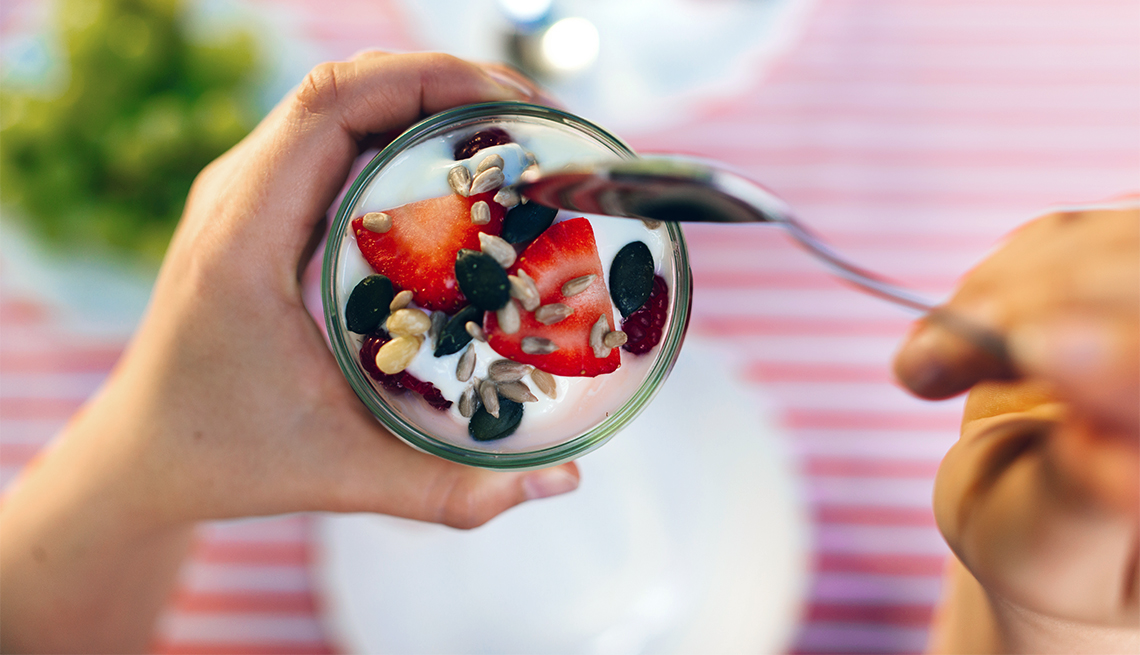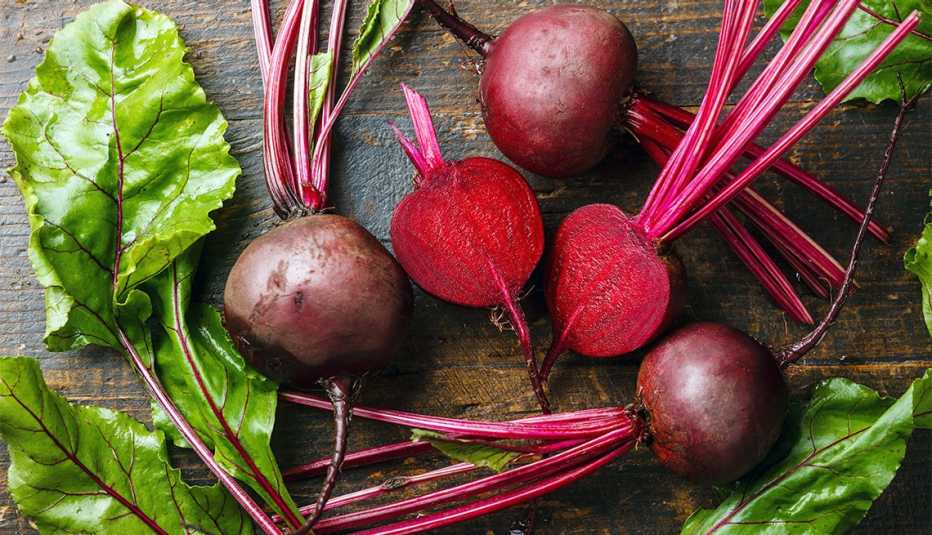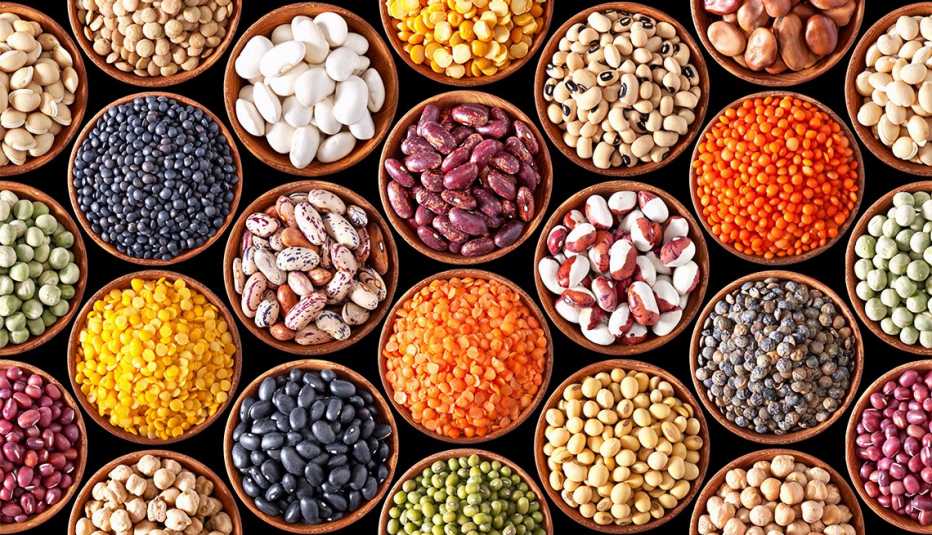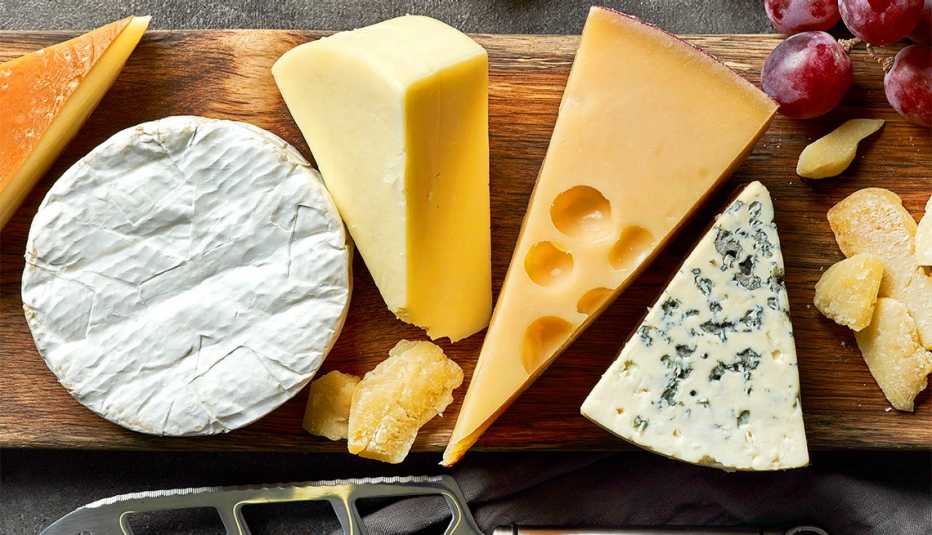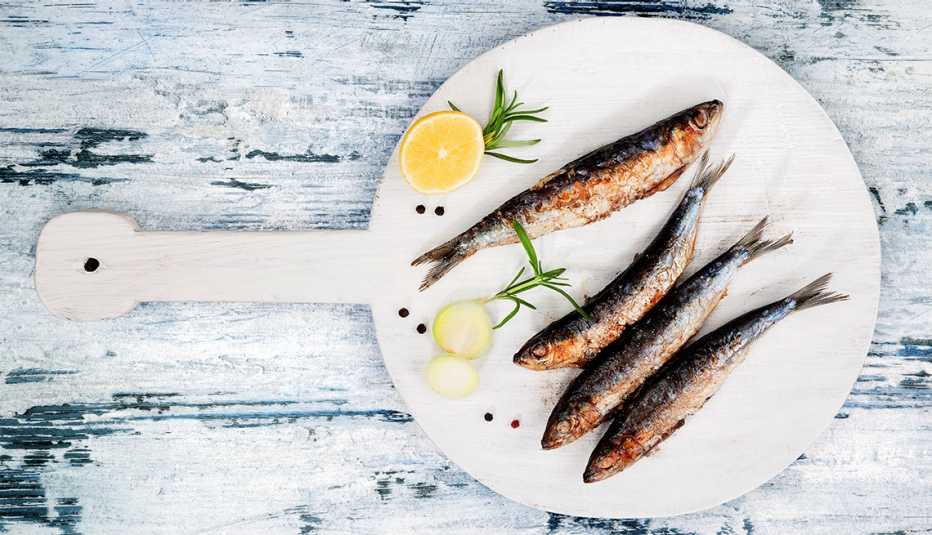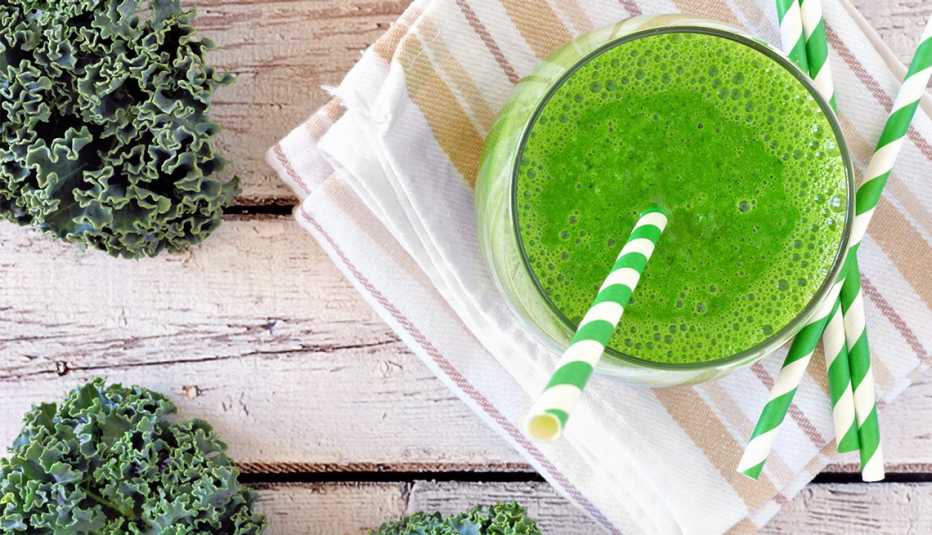Staying Fit
If you're old enough to remember when oat bran and spinach earned all the nutrition gold stars, experts say it could be especially important that you check out today's short list of tastier superfoods. “Food is really medicine, especially as you get older and are concerned about staying at a healthy weight while reducing your risk of conditions such as type 2 diabetes and heart disease,” says Tonia Reinhard, a professor of nutrition at Wayne State University in Detroit and author of Superfoods: The Healthiest Foods on the Planet. Here are the eight items experts say to put on your grocery-shopping list today.

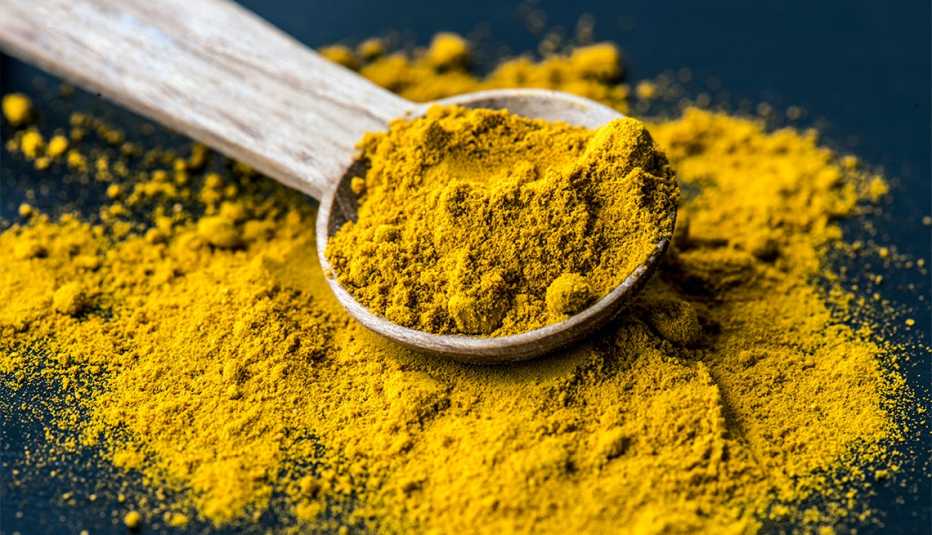
Turmeric
The active ingredient in this earthy-sweet spice is called curcumin, and it appears to offer a trove of health benefits, including one you might want to write down: improving memory and mood in adults over 50 who have mild memory loss, according to a University of California, Los Angeles, study published in March. Curcumin is also a potent anti-inflammatory, says Cynthia Sass, author of Slim Down Now: Shed Pounds and Inches with Pulses —The New Superfood. And other research reveals turmeric's ability to shut down genes involved in the growth and invasion of cancer cells, improve liver function, lower cholesterol, protect against Alzheimer’s disease and fend off viral infections, adds Sass. Is there anything this miracle spice can’t cure?


AARP Membership— $12 for your first year when you sign up for Automatic Renewal
Get instant access to members-only products and hundreds of discounts, a free second membership, and a subscription to AARP the Magazine.
How to get it: Add it to an omelet, toss it into roasted veggies or rice, even sprinkle a little on your soup or salad, advises Reinhard. Sprinkling in a pinch or two should suffice; more than that can turn your teeth yellow.

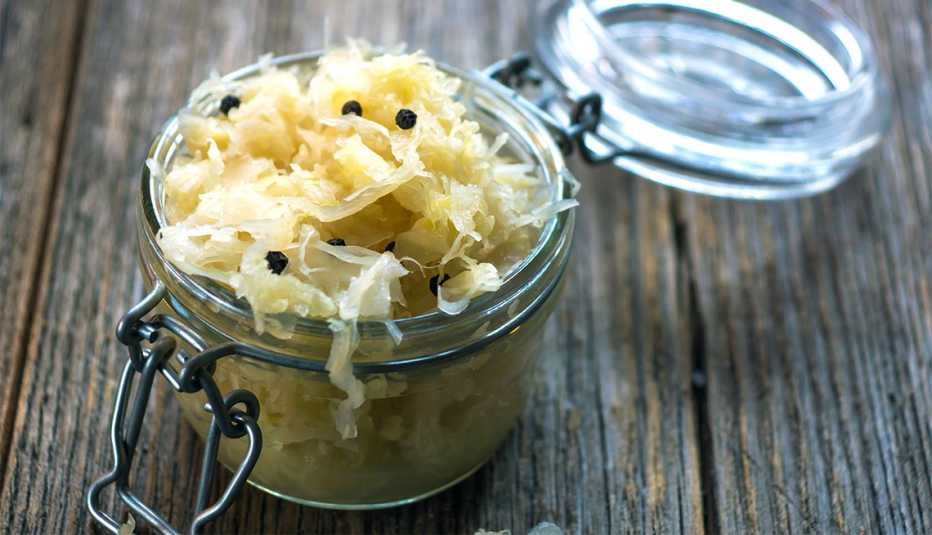
Sauerkraut
This Central European staple is so much more than glorified cabbage. It packs a huge nutritious punch because it’s fermented, which promotes the growth of probiotics, compounds that feed the good bacteria in your GI tract and, thus, lead to better digestive health, explains Dawn Jackson Blatner, author of The Superfood Swap: The 4-Week Plan to Eat What You Crave Without the C.R.A.P. And that could be important: A Swedish study published last year in the nature-research journal Scientific Reports found that bad gut bacteria can actually contribute to the development of Alzheimer’s disease.
How to eat it: Make sure what you’re chowing down on is unpasteurized, as this type will have the most good bacteria in it, advises Blatner. Because sauerkraut is high in sodium, consider rinsing it in cold water before eating to get rid of some excess salt. Check out the easy make-at-home version here.



























































